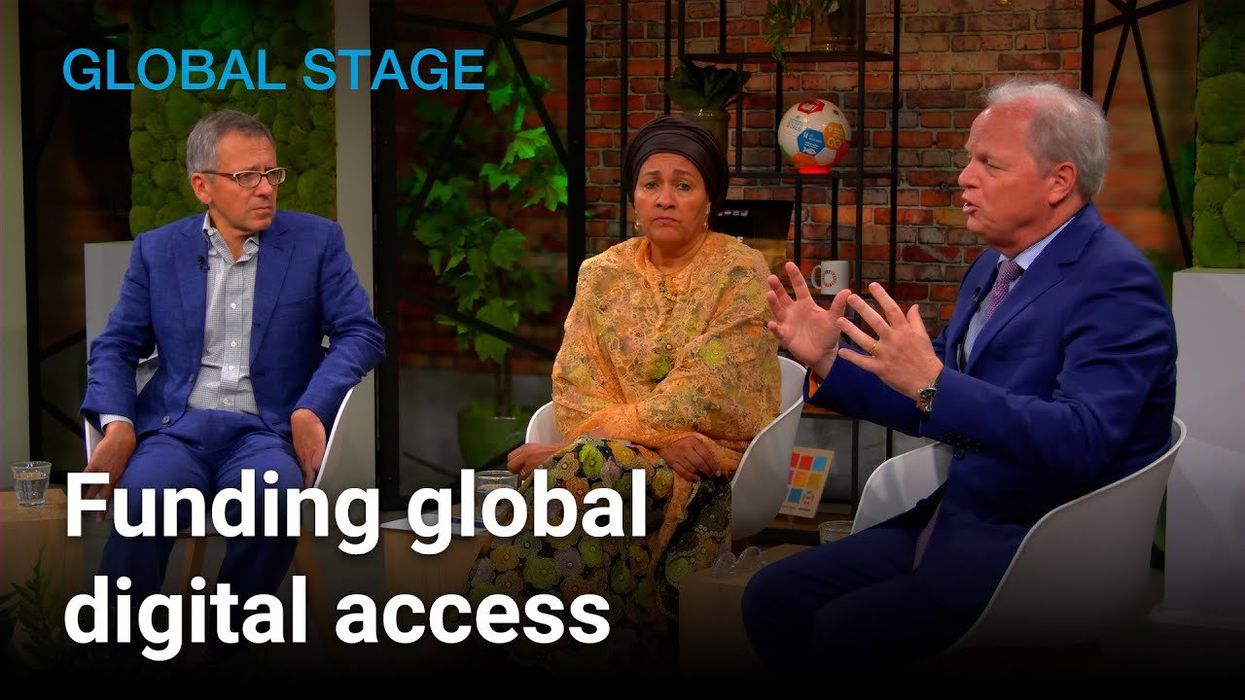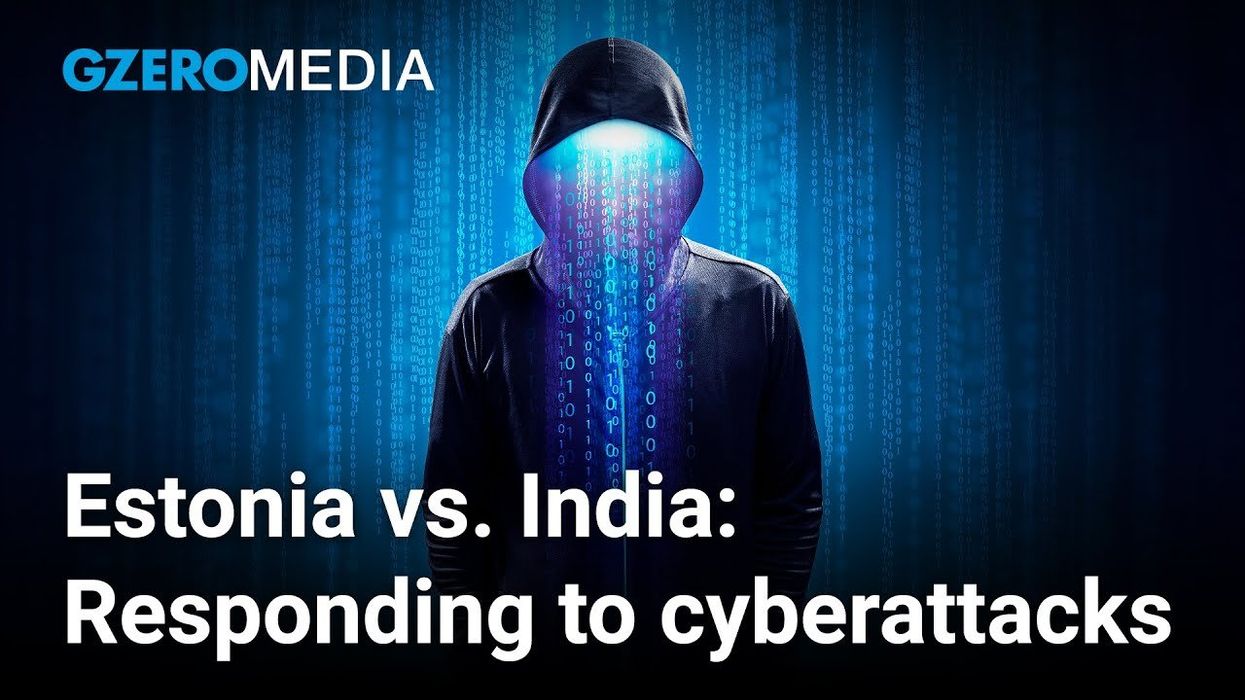Digital Equity
Private sector partnership key to funding digital access for all
To connect the next two billion people to the internet, funding is crucial – and not the small type. To accomplish these kinds of enterprise projects, the UN requires a massive financial war chest.
Oct 11, 2023


